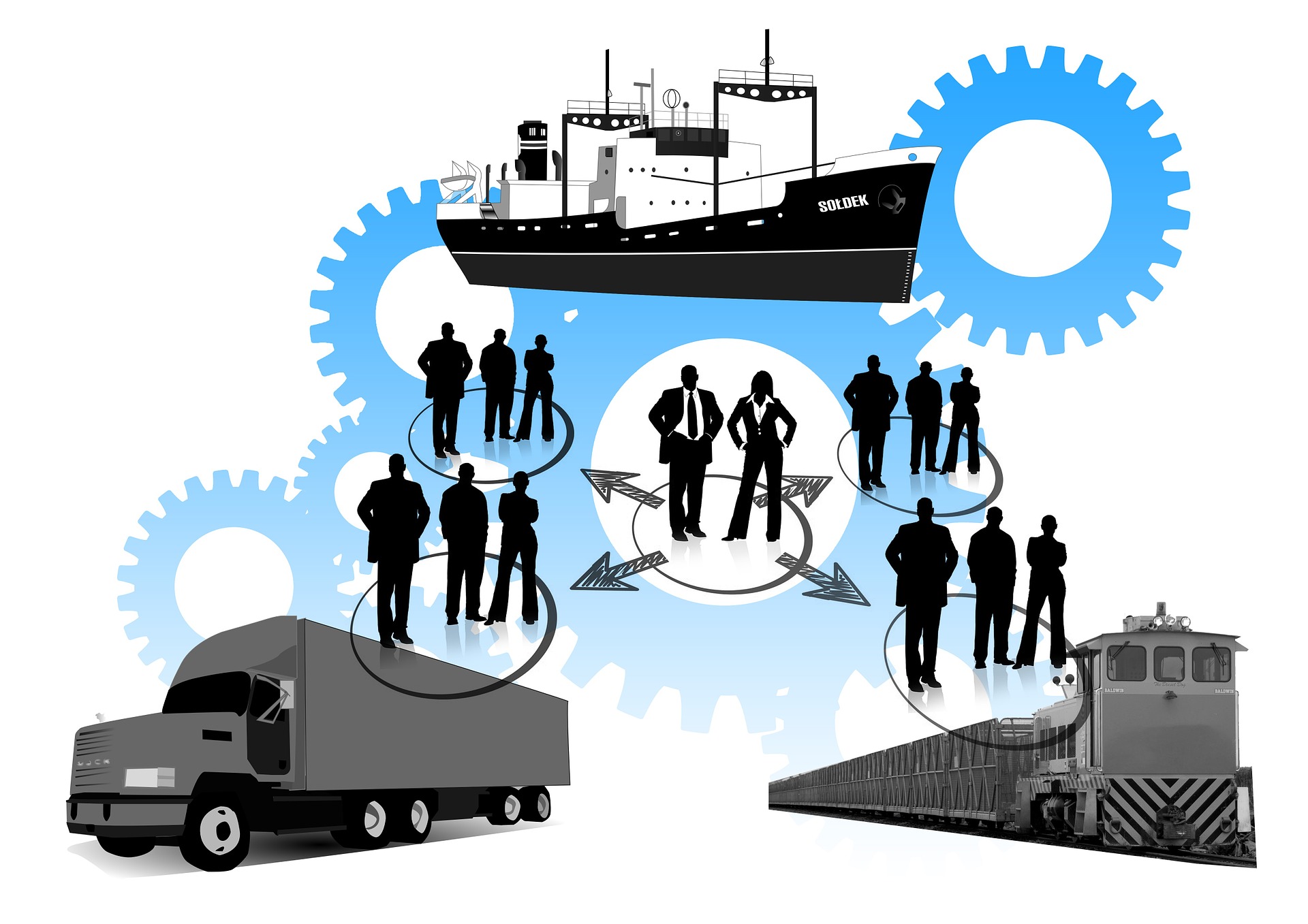Table of Contents
Introduction: The Growing Importance of Freight Management-
In today’s rapidly evolving global marketplace, efficient management of goods transportation has never been more important. With customers demanding faster delivery times and businesses relying on complex supply chains to meet these needs, effective freight management techniques have become essential. But what exactly is freight management, and how can businesses navigate the complexities of shipping and logistics to ensure their products reach their destinations on time and in perfect condition?
This comprehensive guide to freight management delves into the world of freight transportation and explores how businesses can optimize their shipping processes by implementing freight management solutions, engaging with freight brokers, and leveraging the power of supply chain management.
1. What is Freight Management?
Freight management refers to the process of coordinating and overseeing the transportation of goods from one location to another. This involves tasks such as selecting carriers, negotiating shipping rates, documenting shipments, tracking cargo, and managing customs and regulatory compliance. With the increasing complexities of global shipping, freight management has become a critical function for businesses aiming to optimize their supply chain and maintain a competitive edge.

2. The Role of Freight Forwarders In Freight Transportation-
Freight forwarders play a vital role in facilitating freight transportation by acting as intermediaries between shippers and carriers. They help businesses navigate the complex logistics involved in shipping goods across borders and ensure that all necessary documentation and regulatory requirements are met. Their services include:
– Providing cost estimates and negotiating shipping rates with carriers
– Arranging for the pick-up and delivery of goods
– Managing customs clearance procedures
– Handling necessary documentation, such as bills of lading and commercial invoices
– Coordinating with various transportation modes to ensure seamless freight transportation
3. Understanding Supply Chain Management-
At its core, supply chain management revolves around the efficient flow of goods and information between suppliers, manufacturers, distributors, and customers. A well-orchestrated supply chain ensures that goods are produced, transported, and delivered as quickly and cost-effectively as possible. In the context of freight management, businesses must consider several key factors when optimizing their supply chain, including:
– Sourcing and procurement strategies
– Inventory management practices
– Order fulfillment and distribution methods
– Logistics and transportation management
– Return and reverse logistics processes
By analyzing and improving these factors, businesses can reduce shipping costs, minimize delays, and enhance overall customer satisfaction.
4. Implementing Freight Management Solutions-
To optimize their freight management processes, businesses may choose to implement freight management software, also known as a transportation management system (TMS). TMS solutions greatly streamline shipping operations by automating numerous tasks, such as:
– Comparing carrier rates and selecting the most cost-effective option
– Scheduling freight pick-up and delivery
– Tracking shipments in real-time
– Generating shipment documentation
– Measuring key performance indicators, such as transit times or on-time delivery rates
By automating these tasks, businesses can significantly enhance their freight management efficiency and gain more visibility into their shipping processes.
5. The Benefits of A Freight Management System-
Investing in a freight management system offers a host of benefits for businesses looking to optimize their shipping processes. Some of the advantages include:
– Improved cost control: By centralizing and automating carrier selection and rate negotiation, businesses can achieve greater control over their shipping expenses and identify potential savings.
– Enhanced visibility: Real-time tracking capabilities enable businesses to closely monitor their shipments and promptly address any issues that may arise.
– Faster documentation: Generating and managing shipment documentation within the TMS greatly reduces the chances of errors and delays related to manual processes.
– Better decision-making: Data-driven insights derived from the TMS can help businesses identify trends, make more informed decisions, and optimize their transportation strategies moving forward.
6. Working With Freight Brokers-
Freight brokers act as intermediaries between shippers and carriers, leveraging their connections and expertise within the industry to find the best transportation solution for a given shipment. By partnering with a knowledgeable and reliable freight broker, businesses can benefit from:
– Expert guidance on shipping and regulatory requirements
– Access to a vast network of carriers
– Competitive shipping rates
– Assistance with customs clearance procedures
– Streamlined communication with carriers
7. Logistical Services For Optimized Transportation Management-
Many businesses choose to enlist the help of third-party logistical services providers to manage parts or all of their freight management operations. Such providers offer various logistical services, including warehousing, inventory management, last-mile delivery, and return logistics. By outsourcing these functions, companies can free up resources to focus on their core business operations while benefiting from the specialized expertise of the logistics provider.
8. The Future of Freight Management-
As technology continues to advance, new developments in areas such as artificial intelligence, automation, and data analytics are poised to revolutionize freight management. By embracing these innovations, businesses stand to significantly improve their shipping processes and become more agile in the increasingly competitive global marketplace.
9. Conclusion-
In today’s fast-paced world, efficient shipping processes are crucial for businesses aiming to meet customer demands and maintain a competitive edge. By understanding the complexities of freight management and implementing appropriate solutions, businesses can greatly optimize their freight transportation activities and unlock significant cost savings and operational improvements.
With advancements in technology and growing awareness of the importance of optimized supply chain management, the future of freight management promises to offer even greater benefits for businesses looking to streamline their shipping operations.

